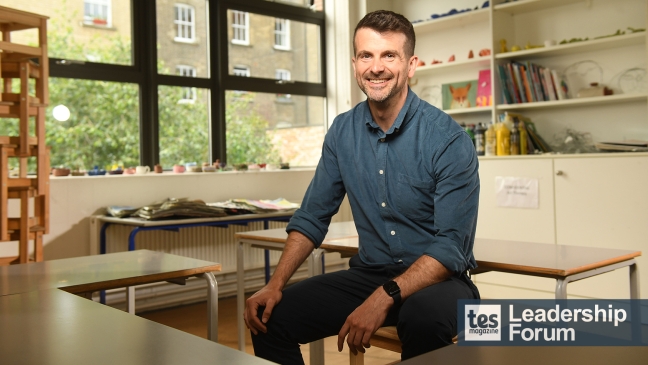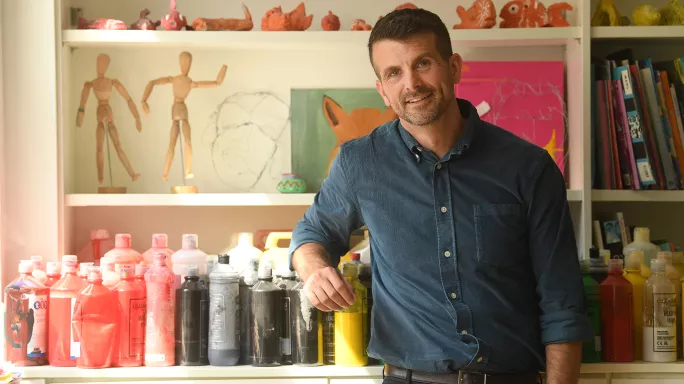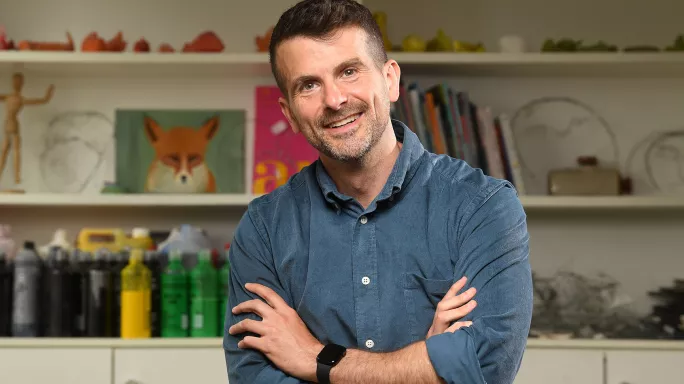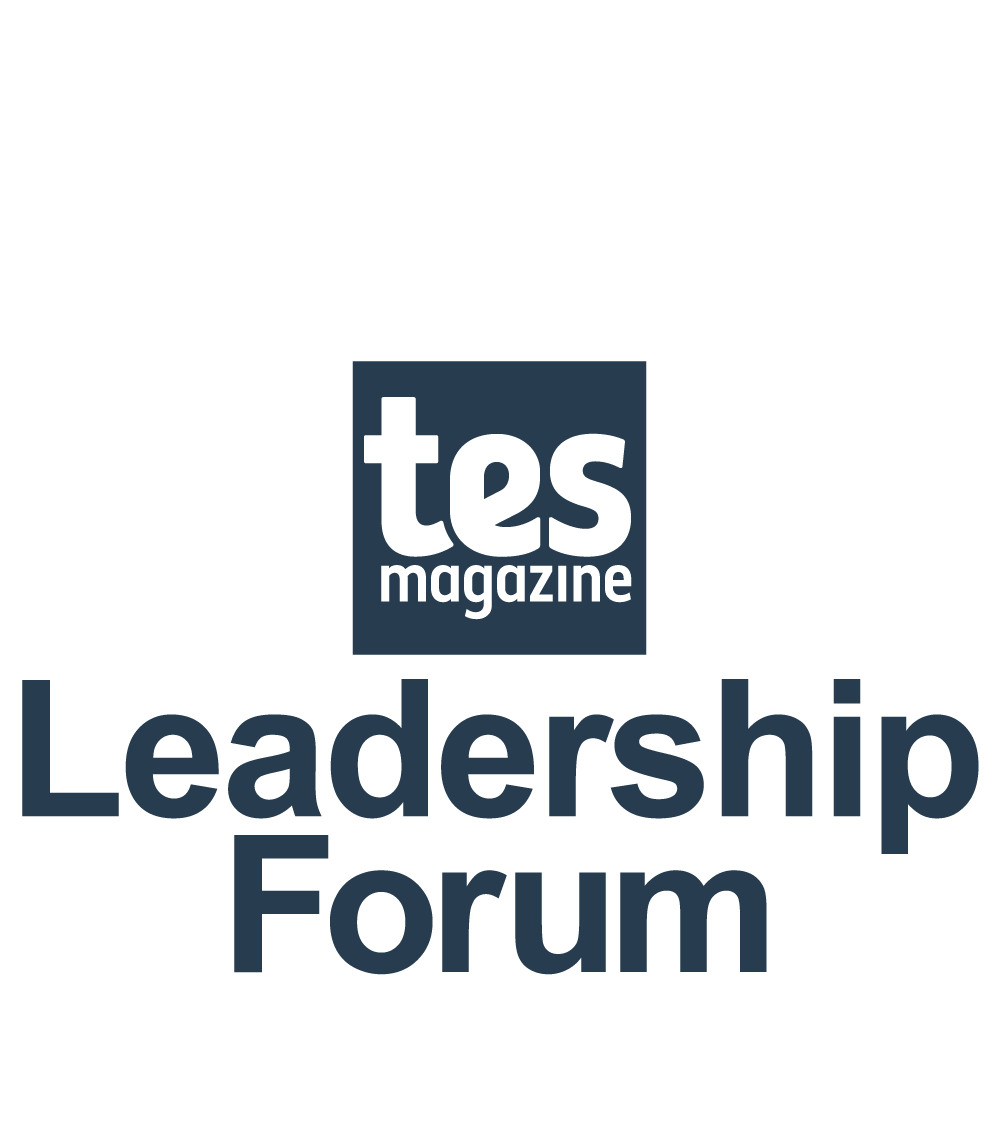- Home
- Leadership
- Tips & Techniques
- Matt Hood: ‘I don’t think there is a magical thing called gut instinct’
Matt Hood: ‘I don’t think there is a magical thing called gut instinct’

Matt Hood is co-founder and chief executive of Oak National Academy. He was also a co-founder at Ambition Institute, a provider of teacher and school leader professional development, and a founding trustee at The Brilliant Club, a widening participation charity. He writes:
There are things I have learned about leadership simply by really screwing something up in previous roles. I am sure there are things I am screwing up now. These experiences are what build you into a better leader in the future.
I really like being in teams. Being successful in a team means you need to know when you are good at something and to step forward at that moment, and know when you are less good at something and need to step back. Being successful in a team also requires you to be very comfortable with being honest with yourself about your abilities.
I don’t think it’s a magical thing called “gut instinct” that helps you to make better decisions. You are making better decisions because of your mental model that has been developed over time, and which rests on your knowledge and experience of that domain.
I grew up in a typically working-class family. There were periods when we were doing alright. There were periods of financial insecurity when we weren’t alright. It was pretty tough. There were two long periods when we lived in a static caravan. The work ethic of my mum and dad and my step mum and my step dad throughout those times, that has stuck with me. If you work hard, you can improve your circumstances and the choices you have - that was how they viewed the world. That is a big part of my personality.

I would struggle in an environment in which I didn’t feel like I had the required expertise - it is so easy to get imposter syndrome. To feel confident you need to feel you are knowledgeable enough.
I see my job as being responsible for three things. The first is being the chief culture officer - how it is around here is my responsibility. That can get delegated to HR sometimes and that is a mistake. The second area is being the chief priorities officer. There is always more work to do than we can do, and it is my job to tell people what the most important things are and where they have permission to not do something. And the last area is being the chief celebrator - I try to think every week about all the people I need to go around and say thank you to, to send a message to. That goes way further than many people think it does.
If it lands on my desk and it isn’t one of those three things above I am responsible for day to day, it is going to be a stinker. It means that the thing is so horrendous that even my brilliant team, working as they are in a culture of excellence, haven’t been able to solve it. And there will probably be no good options and it will involve me making a really difficult choice, or upsetting someone, or letting someone down. Because of that, you don’t walk around as a leader feeling like you are doing a great job all the time, as you are regularly dealing with really complex things that make you feel the opposite.
I was the little gay, working-class kid who ended up in a grammar school. I don’t think I have any particular qualities that got me through that, I think it was luck. What drives me is making sure it is not down to luck for others.

You need things around you and people around you who enable you to decompress. I go to the gym at the end of pretty much every day, because it takes me a full hour of someone shouting at me to do things I don’t really want to do to get work out of my head.
What does the evidence tell us about effective leadership? There are broadly three seminal works on that in my view. The first is Professor Anders Ericsson on expertise (what is it, how do we build it) and the second is Dr Mary Kennedy, a US academic who has this concept of persistent problems. Combined, they demonstrate that leadership is domain-specific expertise in solving persistent problems. The third is Professor Amanda Goodall - what she has looked at is organisations and teams and she has proved that a credible leader with domain-specific expertise brings more success.
I got recruitment very wrong in some of my previous roles. We were seeing people, thinking they were great, bringing them in - it was all at pace, just grabbing people. And, my God, does that bite you in the arse. I have learned to require a level of rigour and seriousness around our hiring that has made Oak a better organisation than it would have been otherwise. I learned to always do the full process - no shortcuts. We actively go out and find the people to apply and we put them through a fair and rigorous recruitment system, rather than just waiting for applications and grabbing those who look like they might do a decent job.
I am the diligent organiser. I look ahead. I sort the bills and do the planning. I think that’s down to the Scouts. I think they hardwired that organisation into me.
I hope my team would say I am constantly vigilant about things that treat people unfairly in the organisation. If you don’t care a lot about treating people fairly, you have no chance of building a high-performance culture. Because there is always a gripe otherwise.
We spent a lot of time in the Methodist church when times were hard. The message of “do all the good you can” is an absolute tenant of that denomination. It leaves you with a really important sense that you need to go out into the world and do all the good you can. I am not religious at all now - but that’s stayed with me.
You need a Tes subscription to read this article
Subscribe now to read this article and get other subscriber-only content:
- Unlimited access to all Tes magazine content
- Exclusive subscriber-only stories
- Award-winning email newsletters
Already a subscriber? Log in
You need a subscription to read this article
Subscribe now to read this article and get other subscriber-only content, including:
- Unlimited access to all Tes magazine content
- Exclusive subscriber-only stories
- Award-winning email newsletters
topics in this article




